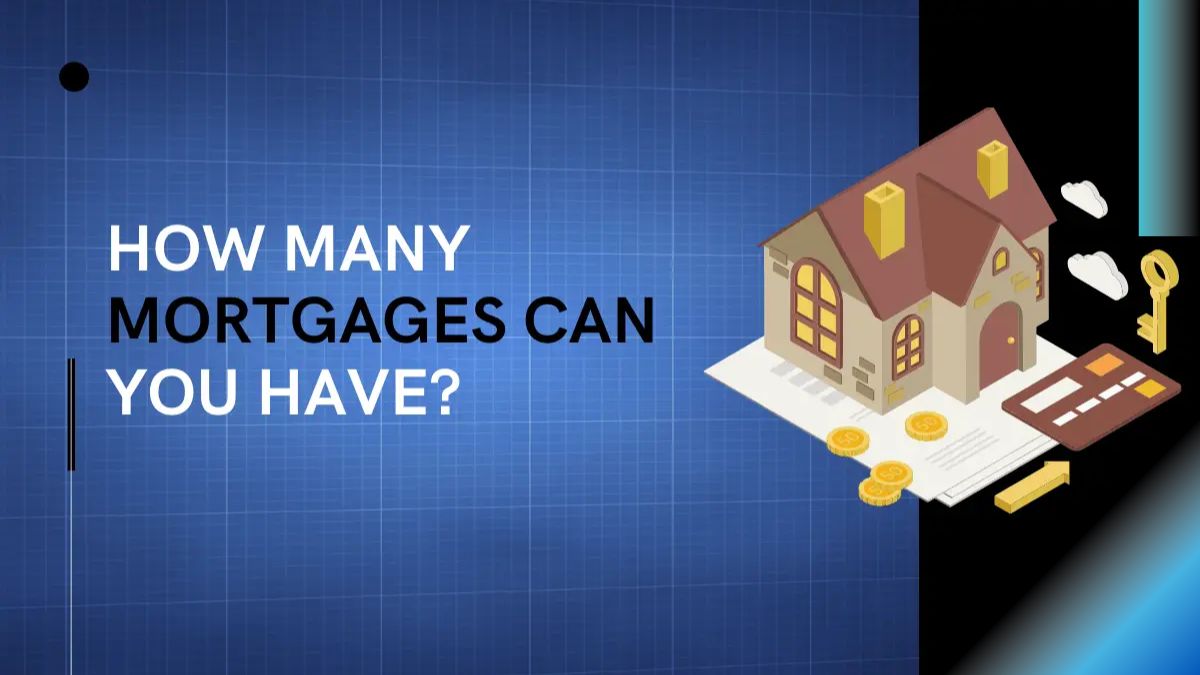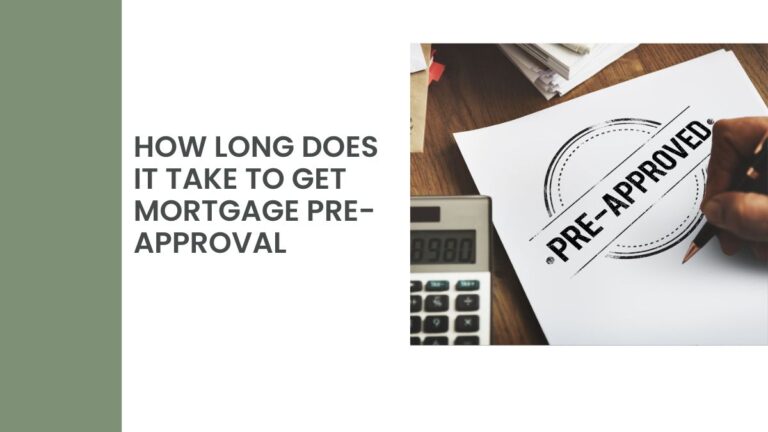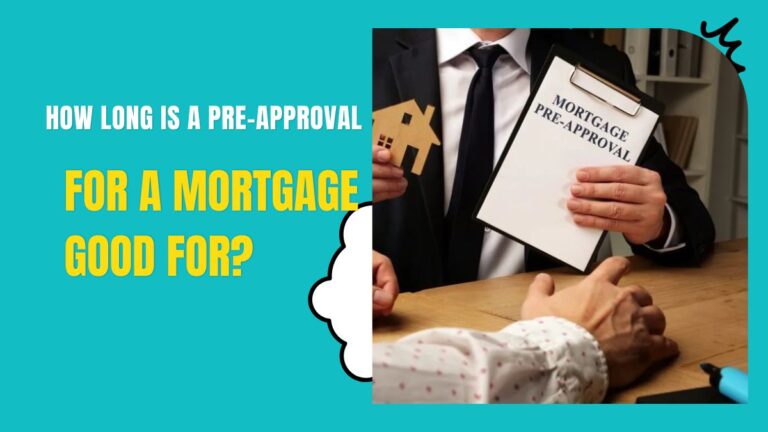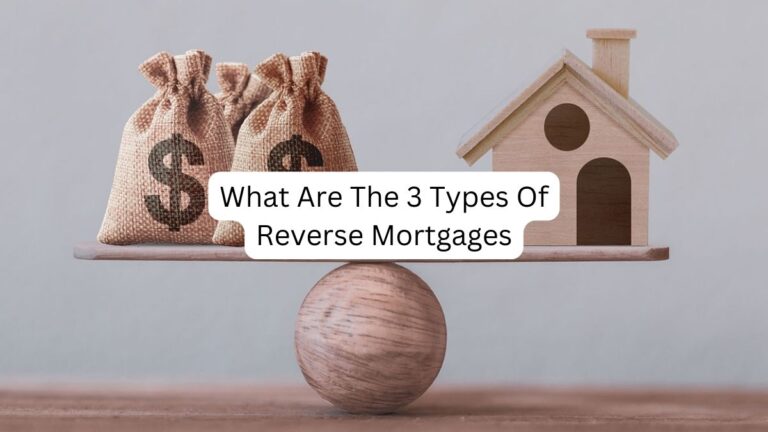How Many Mortgages Can You Have?
How Many Mortgages Can You Have? There are few things to consider when wondering how many mortgages one person can have. The first is your debt-to-income ratio, which is the percentage of your monthly income that goes towards paying debts.
There are generally two types of mortgage limits: temporary and permanent. Temporary limits usually apply when you first take out a mortgage and increase as you make payments toward the principal. Permanent limits depend on the value of your home and can decrease if your home decreases in value. In addition, some lenders may have their own limits on how many mortgages they’re willing to give you.
The most common type of mortgage is a conforming loan, which is backed by Fannie Mae or Freddie Mac. These loans have maximum loan limits that change every year. For 2020, the limit for a single-family home is $510,400. This means that you can get a conventional mortgage for up to this amount without having to get a jumbo loan, which has stricter requirements.
If you’re looking to buy a more expensive home, you’ll likely need to get a jumbo loan. Jumbo loans aren’t backed by government agencies like Fannie Mae or Freddie Mac, so they typically have higher interest rates and stricter requirements. The maximum loan limit for a jumbo loan in 2020 is $765,600 for a single-family home.
How Many Mortgages Can You Have?
There are a few things to consider when wondering how many mortgages one person can have. The first is your debt-to-income ratio, which is the percentage of your monthly income that goes toward debt payments. Lenders typically like to see a debt-to-income ratio of 36% or less. This means that if your monthly income is $3,000, no more than $1,080 should go towards paying off debts each month.
Another thing to consider is your credit score. Mortgage lenders will look at your credit score to determine whether or not you’re a high-risk borrower. If you have a good credit score, you’re more likely to be approved for multiple mortgages. However, if you have a bad credit score, it’s unlikely that you’ll be approved for more than one mortgage.
The last thing to consider is your financial stability. Lenders want to know that you’ll be able to make your mortgage payments on time and in full each month. If you have a steady income and good financial habits, you’re more likely to be approved for multiple mortgages than someone who doesn’t have these things.
So, how many mortgages can one person have? It depends on a variety of factors, but if you’re a high-risk borrower with bad credit, it’s unlikely that you’ll be approved for more than one mortgage.
Benefits of Having Multiple Mortgages
There are several benefits of having multiple mortgages:
- diversification: by having multiple mortgages, you are diversifying your investment portfolio and spreading the risk around. This can help offset any potential losses from one mortgage if the housing market takes a downturn.
- increased buying power: with multiple mortgages, you’ll have more buying power and be able to afford more expensive properties. This can lead to greater profits when you eventually sell.
- tax breaks: mortgage interest is tax deductible, so having multiple mortgages can provide some nice tax breaks come tax time.
Of course, there are also some risks associated with having multiple mortgages, so it’s important to weigh the pros and cons before taking on additional debt.
Challenges of Having Multiple Mortgages
There are a few challenges that come along with having multiple mortgages. The first is that it can be difficult to keep track of multiple mortgage payments. This is especially true if you have different due dates for each mortgage. Missing a payment can result in late fees, and can damage your credit score.
Another challenge is that having multiple mortgages can increase the amount of interest you pay over the life of the loans. This is because each mortgage has its interest rate, and when you have multiple loans, you are paying interest on each one.
Having multiple mortgages can make it difficult to qualify for a loan modification or refinance if you run into financial difficulties. Lenders will often only work with borrowers who have a single mortgage loan.
If you are considering taking out multiple mortgage loans, it is important to weigh the challenges against the potential benefits. Multiple mortgages can help you buy a home sooner than you could otherwise, but it is important to be aware of the potential downsides before making any decisions.
Conclusion
In summary, there is no limit to the number of mortgages you can have, though lenders may restrict how many they approve at once. It’s important to do your research and speak with an expert to intercede what is best for your financial situation before taking on additional debt. With careful planning and consideration, having multiple mortgages can help you achieve your long-term goals faster.






